Pediatric Hand Development as it relates to Hand Therapy
Filed under Uncategorized
Pediatric Hand Therapy and Hand Development
by Chelsea Gonzalez
It is essential to have an understanding of the major milestones of grasp and upper extremity development when working with younger kiddos so that therapy complements the changes naturally occurring in the brain at each age-level. It is important that babies and toddlers progress through each stage of hand development in a sequence so that neural pathways can be built for later in life. However, the timing of this progression can be flexible. The general progression (and timeline) of upper extremity development looks like this:
While a general understanding of developmental progression is essential, knowledge of more detailed milestones is important to have on hand for those times when a young patient schedules an evaluation. A few excellent overviews that we use:
- Gerber, Wilks & Erdie-Lalena (2010): https://pedsinreview.aappublications.org/content/31/7/267
- Children’s Hospital of Orange County: Fine Motor Skills: https://www.choc.org/userfiles/file/Rehab-Developmental%20Milestones%20final.pdf
- Centers for Disease Control and Prevention (also available in Spanish): https://www.cdc.gov/ncbddd/actearly/milestones/index.html
Assessment and treatment of pediatric patients in a hand setting requires knowledge of the developmental progression. If a stage is missed or underdeveloped because of an injury or condition, it is the therapist’s role to provide support in that area so future skills can continue to develop naturally.
If you see children in your practice, learn these milestones and become comfortable identifying them in children during the assessment process. It takes time and experience, so start practicing on kids you see in the community and in your daily life. Watching how kids move and how they use their hands is a great way to develop experience in identifying the skills and sequences of developmental milestone acquisition.
References:
Abzug, J., Kozin, S.H., & Neiduski, R. (2020) Pediatric hand therapy. St. Louis, MO: Mosby.
Case-Smith, J. and O’Brien, J.C. (2015). Occupational therapy for children and adolescents (7th ed.). St. Louis, MO: Mosby.
1 Comment
Leave a Comment
More To Read
Comparing Edema and Lymphedema: Understanding the Differences and Treatment Approaches in Hand Therapy
Comparing Edema and Lymphedema: Understanding the Differences and Treatment Approaches in Hand Therapy As hand therapists we often encounter patients presenting with swollen arms, hands, and/ or fingers, often attributing these symptoms to various conditions. Two commonly confused terms in this area are “edema” and “lymphedema.” While both involve swelling, they have distinct causes, presentations,…
Effectiveness of Conservative Therapy and Splinting for 1st CMC OA
Tsehaie, J., Sprekraijse, K., Wouters, R., Slijper, H., Feitz, R., Hovious, S., & Selles, R. (2018). Outcome of a Hand Orthosis and Hand Therapy for Carpometacarpal Osteoarthritis in Daily Practice: A Prospective Cohort Study. American Society for Surgery of the Hand, 1-11. The skinny: Non-surgical approaches (hand therapy & orthotics) are typically the go-to for…
7 Tips for your Osteo Arthritis Patients!
7 Tips for your OA Patients! Managing Osteoarthritis in the Hand Our hands are one of the most intricate structures in the human body. They are composed of a network of tendons, ligaments, and nerves that make it possible to perform daily tasks such as unlocking a door, peeling an egg, or sending an email…
INTEROSSEOUS MUSCLE TIGHTNESS TESTING
May 2012 No. 19 INTEROSSEOUS MUSCLE TIGHTNESS TESTING Judy Colditz, OT/L, CHT, FAOTA INTEROSSEOUS MUSCLE TIGHTNESS TESTING – ARE YOU DOING IT CORRECTLY? The common term “Intrinsic Tightness Testing” is a misnomer as it describes a maneuver specifically designed to test tightness of the interosseous muscles. The interosseous muscles are small, short-fibered muscles contained within…
Sign-up to Get Updates Straight to Your Inbox!
Sign up with us and we will send you regular blog posts on everything hand therapy, notices every time we upload new videos and tutorials, along with handout, protocols, and other useful information.
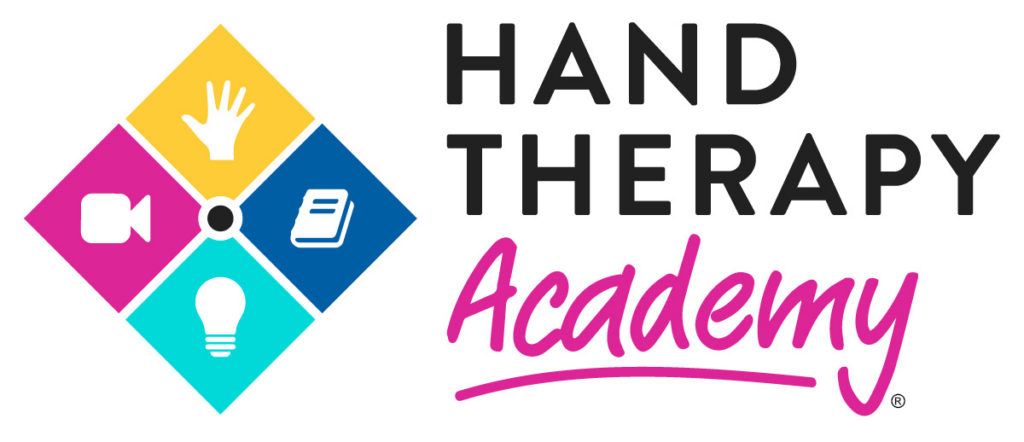
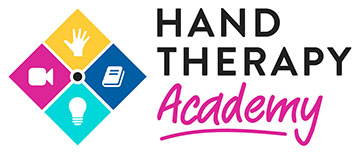
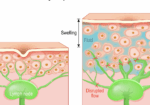
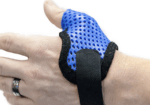
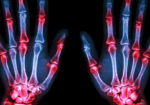
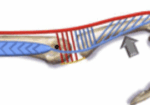

Thank you. What are the best assessment tools in your opinion other than clinical observation for neurological development of hands from birth until 14 months?